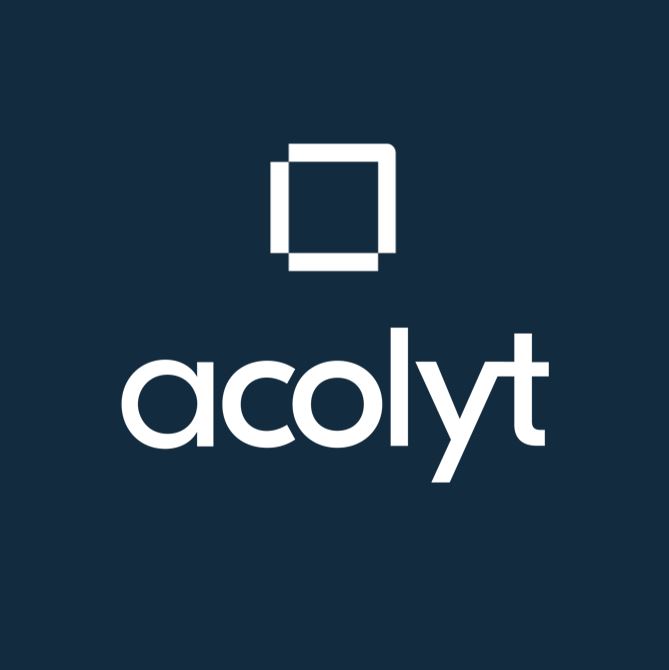

ACOLYT GROUPE

Burgundy, France
October 2023
Transportation support
Service with Significant Environmental Footprint
France
ENG: Acolyt | B Corp provides omnichannel micro-fulfillment and logistics services for premium lifestyle brands. FR: Acolyt | B Corp est le spécialiste de la logistique omnicanale auprès des marques haut-de-gamme dans les univers de la Mode et du Bien-être. Acolyt est le spécialiste de la logistique e-commerce auprès des marques lifestyle premium (réception, stockage, picking, packing, expédition et gestion fine des retours). La Raison d'Être de l'entreprise ? "Accompagner pour faire grandir". Concrètement : Acolyt accompagne les e-commerçants pour les aider à grandir et se développer rapidement, en gérant pour eux leur activité logistique. Nos réussites en 2021 ? 100% de nos clients nous recommandent et sont satisfaits Une croissance maintenue de 40%/an, cela depuis 7 ans 99,99% de taux de service (délai de mise en stock < 1 jour, commandes traitées < 24h, etc.) Les clefs de notre succès ? - Une entreprise familiale à l’esprit start-up - Une équipe jeune, dynamique et experte. Au top ! - Une recherche permanente d’amélioration - Une implantation solide au sein notre territoire économique Une intégration forte des enjeux environnementaux et sociétaux au sein de notre activité. Acolyt travaille à réduire son empreinte environnementale, et depuis 2020 contribue à la neutralité
Overall B Impact Score
Governance 10.6
Governance evaluates a company's overall mission, engagement around its social/environmental impact, ethics, and transparency. This section also evaluates the ability of a company to protect their mission and formally consider stakeholders in decision making through their corporate structure (e.g. benefit corporation) or corporate governing documents.
What is this? A company with an Impact Business Model is intentionally designed to create a specific positive outcome for one of its stakeholders - such as workers, community, environment, or customers.
Workers 27.0
Workers evaluates a company’s contributions to its employees’ financial security, health & safety, wellness, career development, and engagement & satisfaction. In addition, this section recognizes business models designed to benefit workers, such as companies that are at least 40% owned by non-executive employees and those that have workforce development programs to support individuals with barriers to employment.
Community 19.9
Community evaluates a company’s engagement with and impact on the communities in which it operates, hires from, and sources from. Topics include diversity, equity & inclusion, economic impact, civic engagement, charitable giving, and supply chain management. In addition, this section recognizes business models that are designed to address specific community-oriented problems, such as poverty alleviation through fair trade sourcing or distribution via microenterprises, producer cooperative models, locally focused economic development, and formal charitable giving commitments.
Environment 21.2
Environment evaluates a company’s overall environmental management practices as well as its impact on the air, climate, water, land, and biodiversity. This includes the direct impact of a company’s operations and, when applicable its supply chain and distribution channels. This section also recognizes companies with environmentally innovative production processes and those that sell products or services that have a positive environmental impact. Some examples might include products and services that create renewable energy, reduce consumption or waste, conserve land or wildlife, provide less toxic alternatives to the market, or educate people about environmental problems.
Customers 4.3
Customers evaluates a company’s stewardship of its customers through the quality of its products and services, ethical marketing, data privacy and security, and feedback channels. In addition, this section recognizes products or services that are designed to address a particular social problem for or through its customers, such as health or educational products, arts & media products, serving underserved customers/clients, and services that improve the social impact of other businesses or organizations.